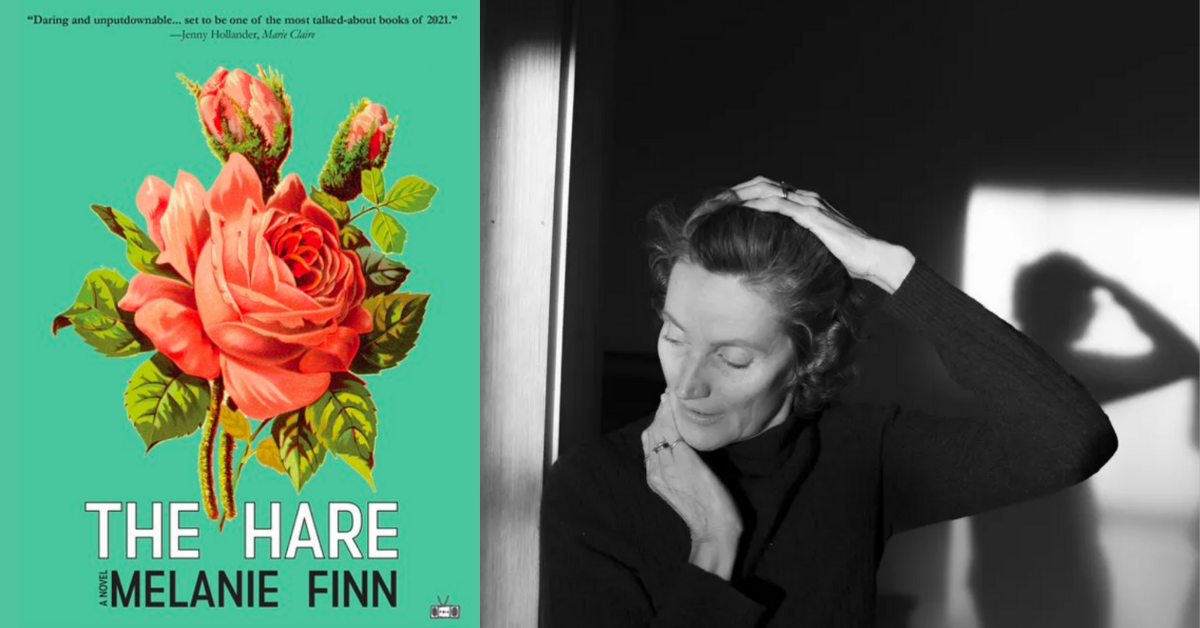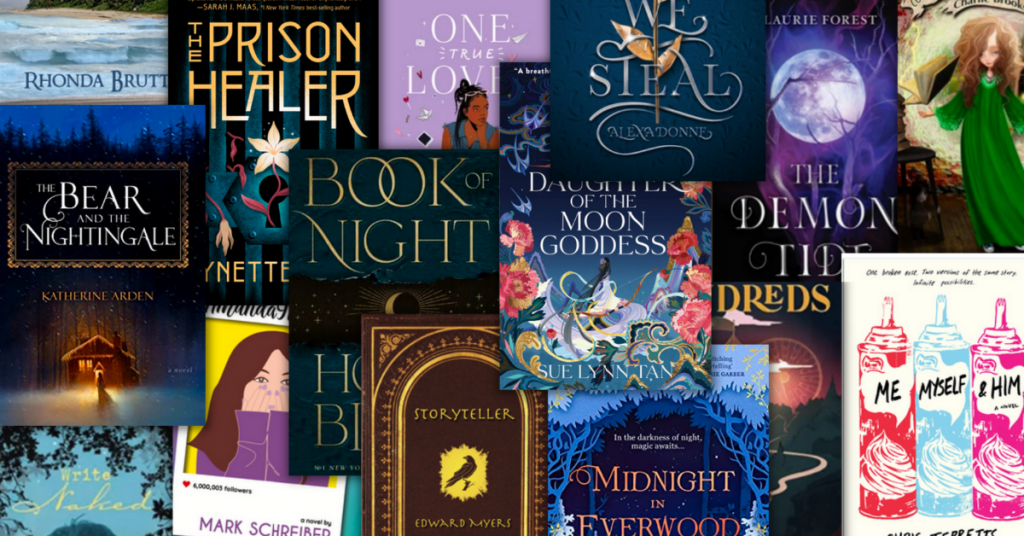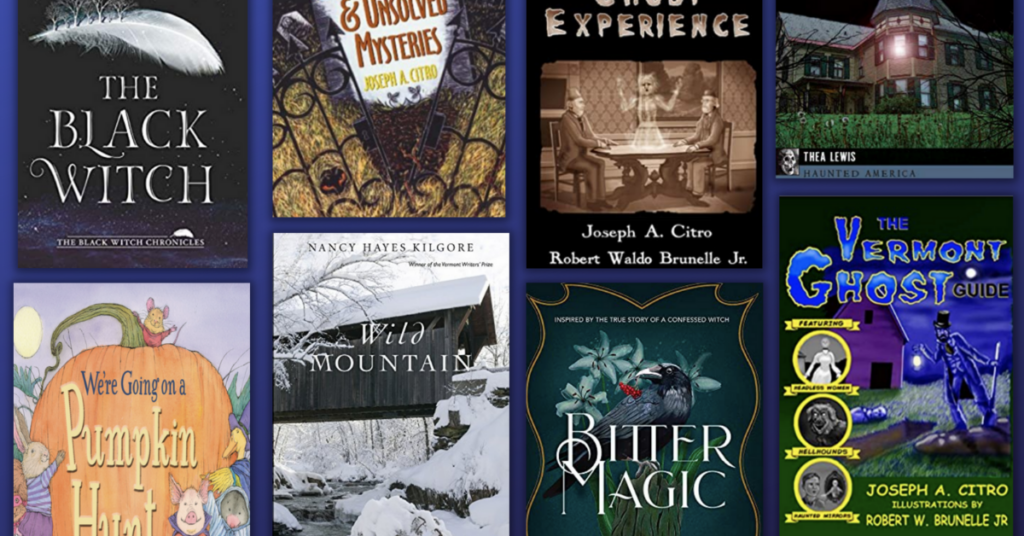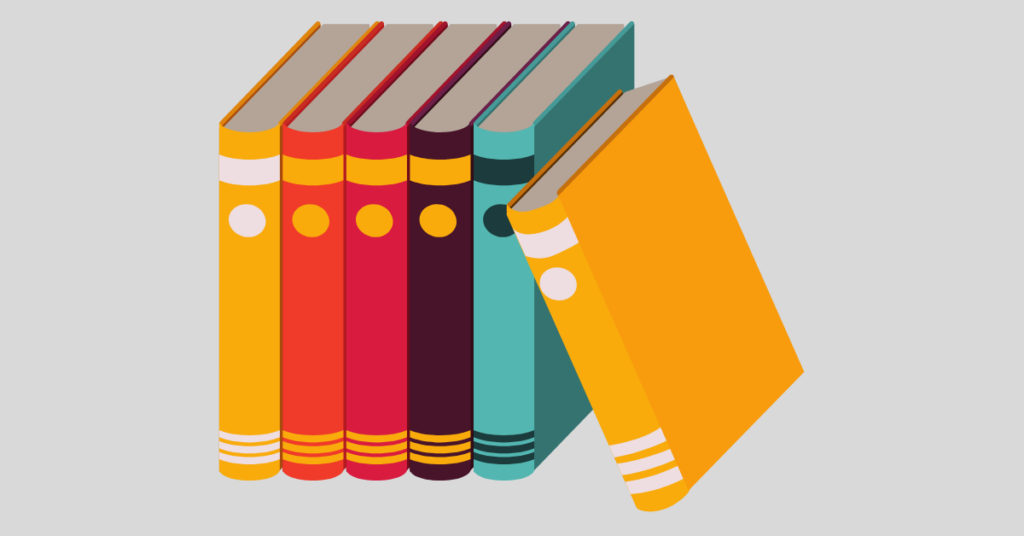This week we were lucky enough to speak with Melanie Finn, critically-acclaimed author, filmmaker, nature-enthusiast, and founder and director of Natron Healthcare, a healthcare charity in Tanzania.
Melanie’s newest novel, The Hare, a tightly-wound, slow-burning feminist thriller, explores a woman’s struggle for survival and selfhood under the weight of the male gaze and the legacy of past trauma. Finn writes with a sharp artistry that makes each chapter disturbingly thought-provoking and exposes her characters with a penetrative power that renders their experiences eerily familiar. Set against the dueling backdrops of old-money New York and rural Vermont– the latter of which Finn currently calls home– The Hare’s plot is as gripping in its small, quiet moments as it is during its adrenaline-inducing twists and turns.
Read on to discover what Melanie has to say about injustice, inspiration, and the process of writing a novel.
What does your writing process look like? Does it change depending on the project? The Length? The subject matter/mood?
Ideas swirl around for a while – it’s an odd, mysterious confluence of very conscious issues I’m curious about exploring and stuff seeping up from the subconscious. I usually sketch out the idea for the book in very general terms – the main characters, the basic plot line and conflicts, the themes. Then the writing is pretty seat-of-the-pants. I truly believe the characters need to find their own voices and destinies, so I give them lots of room – and lots (and lots) of rewrites. As a writer, I prefer to have the time to be disciplined: an early start, four-five hours of focused work. But as a mother and as the director of a healthcare charity in Tanzania and caretaker of multiple animals and+and+and those dedicated chunks of time are hard to get. In the summer, for instance, I’m often up at 4 am, taking advantage of the quiet before everyone else gets up at 8.
Which other works and writers influenced your writing in general, and your latest work, The Hare?
While I’m actively writing, I’m very careful not to read anyone whose style or prose I particularly admire because I worry about their influence, however unconscious. Writers’ minds are very porous when we’re fully engaged in work. When not writing, I find myself drawn to totally opposite ends of the prose spectrum: I’m in awe of the complex, almost turgid prose of Cormac McCarthy; the emotional precision of early Joan Didion; the gruff propulsion of great detective fiction like Ed McBain and Ross MacDonald. (I really want to write a hard-boiled detective novel one day.) The poetry of Auden, Larkin, Pound and Wallace vibrates through my brain – their rhythm, beauty, dark poignancy… and compassion.
Where do you find inspiration? Does it start with a character? A scene? An idea? An injustice?
Interesting that you use the word “injustice”. I’ve never before been sure what my books have in common – but yes: injustice. In Away From You, my first novel, Ellie struggles with the injustice of her privileged childhood in Kenya and that her father might have gotten away with murder; in The Gloaming, Pilgrim struggles with the injustice of the deaths she caused and for which she wasn’t held into account (as an aside, I heard a fascinating quote on the radio the other day that redemption without accountability is simply privilege); in The Underneath, Kay seeks to atone for her secret injustice of being a bad mother; and in The Hare, I explore the injustice of sexual abuse – the long shadow cast over survivors. In my current work, a young girl awakens to the injustice of the world.
What books would you recommend for readers who adore The Hare?
I love the psychological complexity of Patricia Highsmith and Tana French – but those are probably already on readers’ radars. Anita Shreve is a brilliant story-teller. Claire Fuller, an English writer, puts a cracking yarn together and I love her ambiguous endings. In terms of edgy, off-piste fiction, Two Dollar Radio, my publisher, puts out such a great array of new talent that pushes style boundaries. I’m currently reading Kalani Pickhart’s I Will Die in a Foreign Country, and absolutely loved Eleanor Kriseman’s brutal, beautiful The Blurry Years. My co-Vermont author Maria Hummel has two great “feminist thriller” reads: Still Lives and Lessons in Red.
Can you speak to the balance (and tension) between discipline and inspiration as a professional writer? Are there days or times when it feels like work and you struggle to get through it, and when that happens, how do you progress?
It’s mostly a slog – a day job. After a while, though, you really get to trust craft, so even when it’s awful – I’ve actually fallen asleep on my keyboard – you accept these creative troughs as part of the process. It’s like marriage: there are moments when you love your partner to bits and you wouldn’t be with anyone else; but for most part it’s just trying to work together effectively to get everything done, and then, when things go haywire, you have to figure out a solution. Very often those tricky bits and their resolution make the story (and marriage!) stronger. There are definitely almost supernatural moments when my hands take flight on the keyboard; it’s an extraordinary sensation and the words feel as if they are coming from somewhere else – a universal energy. I have dancer friends down the road and sometimes we’ll feel it on the same day, connected by this great, wild current of creativity.
*This post contains affiliate links




